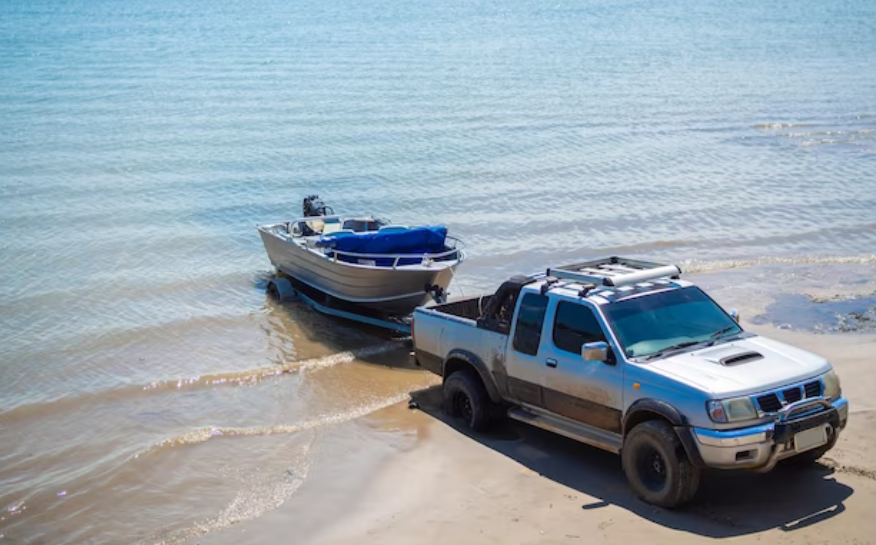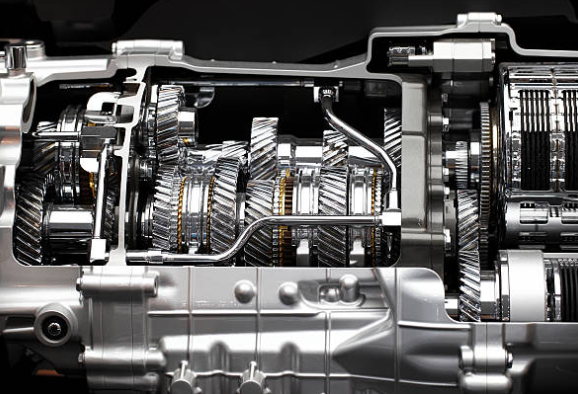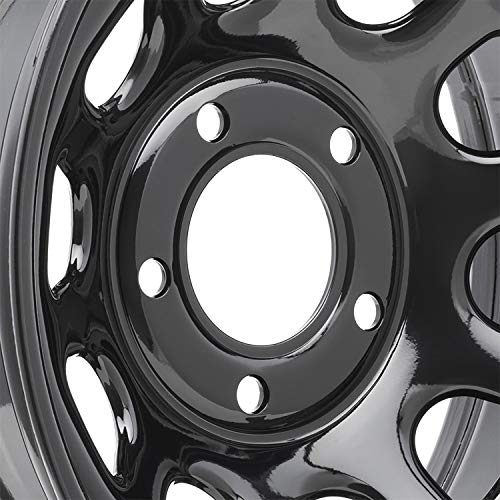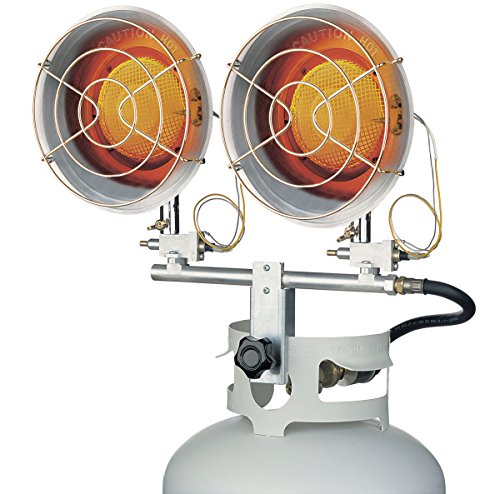What Can My Car Tow? Understanding Towing Capacity and Weight Limits
Do you intend to use your car for any heavy-duty hauling? If so, it's critical to understand the sort of weight your car can pull without risk. This is especially true if dealing with big recreational vehicles like pop-up campers, boats, and large trailers. Understanding your vehicle's maximum tow capacity is vital for safe transport and helps ensure that both your cargo and car remain damage free. In this blog post, we'll discuss the factors you should take into account when determining the amount of weight your car can handle during a tow job.

Consult Your Owner's Manual
The owner's manual is your go-to resource for finding information about your car's towing capacity. Look for a section specifically dedicated to towing or vehicle specifications. The manual will provide precise details about the maximum weight your car can tow, including any additional requirements or restrictions.
The curb weight is the weight of your car with a full tank of gas, all of the normal equipment, and it's completely empty. Subtract the curb weight from the owner's manual-specified towing capability to get the maximum weight your car can haul. The remaining weight is the maximum towing load that your car can support.

The Gross Vehicle Weight Rating (GVWR) is the maximum weight allowed for your vehicle, including passengers, cargo, and tongue weight (the weight exerted on the hitch). When determining what your car can tow, it's crucial to consider both the towing capacity and the GVWR. The combined weight of your vehicle and the loaded trailer should not exceed the GVWR.
When towing, it's important to consider the tongue weight, which is the downward force exerted on the hitch by the trailer. Generally, tongue weight should be around 10-15% of the total trailer weight. Ensure that your car's towing capacity can handle both the trailer weight and the tongue weight. Additionally, consider the payload capacity, which refers to the maximum weight of passengers and cargo in the vehicle.
While towing capacity is crucial, there are other factors to consider. These include the type of hitch required, trailer brakes, and any legal requirements or regulations regarding towing in your area. Understanding these factors will ensure a safe and compliant towing experience.
-
Are there any legal requirements for towing?
Yes, towing regulations differ by jurisdiction. They may include speed restrictions, safety chains, trailer brakes, lighting standards, and license plate requirements. To guarantee compliance and safe towing procedures, it is important to get acquainted with the towing rules and regulations particular to your area.
-
Can all cars tow trailers?
Not all vehicles are built to tow. Towing capacity varies between vehicle models and even within the same model based on engine, gearbox, and other factors. Towing capacity may be reduced in smaller automobiles or vehicles with lesser engine outputs. To establish whether your vehicle is acceptable for towing, see the owner's handbook or contact the manufacturer.
See more review here: Top 10 In-Car Chargers For Your Devices













